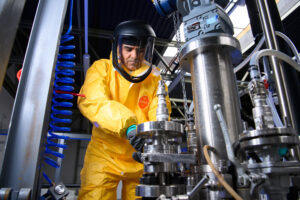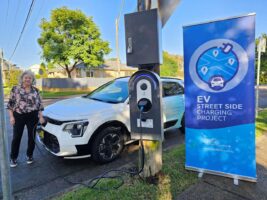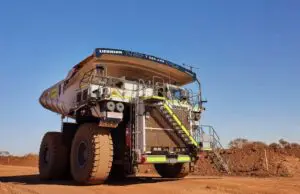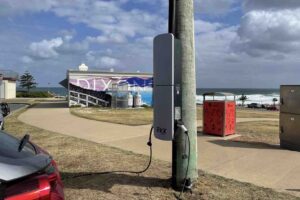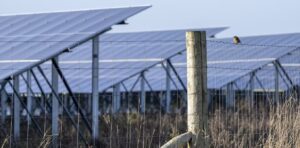 It appears that Toyota’s somewhat baffling unwillingness to embrace all-electric vehicles may finally be coming to an end. Recent comments made by prominent engineers at the company imply that the company may be planning to release all-electric models at some point in the near future, as a result of having “tamed” lithium-ion battery technology.
It appears that Toyota’s somewhat baffling unwillingness to embrace all-electric vehicles may finally be coming to an end. Recent comments made by prominent engineers at the company imply that the company may be planning to release all-electric models at some point in the near future, as a result of having “tamed” lithium-ion battery technology.
The “tamed” comment is apparently in reference to safety performance. Company engineers are saying that they can now safely “pack more power at no significant extra cost.”
Is that comment meant to imply that automotive lithium-ion battery technologies weren’t safe enough previously for Toyota’s standards? And that hydrogen fuel-cell vehicles are? I have a hard time believing that myself.
Now you may be thinking that, compared to its competitors (GM, Nissan, etc.), the company is still probably dragging its feet and far behind. And you’re right. But considering that the company was until recently claiming that hydrogen fuel-cell vehicles were the wave of the future, and that fully battery-electric vehicles weren’t, the comments are notable.
The Chief Engineer for the Prius, Koji Toyoshima, commented in an interview with Reuters: “It’s a tall order to develop a lithium-ion car battery which can perform reliably and safely for 10 years, or over hundreds of thousands of kilometers. We have double braced and triple braced our battery pack to make sure they’re fail-safe. … It’s all about safety, safety, safety.”
Part of the company’s increased interest is due to its new battery control technology. A senior Toyota engineer involved in the work, Hiroaki Takeuchi, commented: “Our control system can identify even slight signs of a potential short-circuit in individual cells, and will either prevent it from spreading or shut down the entire battery.”
Commenting on the manufacturing environment for its batteries, Takeuchi stated: “The environment where our lithium-ion batteries are produced is not quite like the clean rooms where semiconductors are made, but very close.”
Reuters provides more: “Working with battery supplier Panasonic Corp — which also produces Li-ion batteries for Tesla — Toyota has also improved the precision in battery cell assembly, ensuring battery chemistry is free of impurities. The introduction of even microscopic metal particles or other impurities can trigger a short-circuit, overheating and potential explosion.”
And: “Falling battery prices have enabled Toyota to develop its more compact, efficient battery, while also adding more sophisticated controls into its battery pack, Toyoshima said. Toyota declined to say more on its costs.”
Toyoshima continued: “Developing lithium-ion batteries for both hybrids and plug-ins will enable us to also produce all-electric cars in the future. It makes sense to have a range of batteries to suit different powertrains.”
That statement, “in the future,” is a rather ambiguous one. I would guess, though, that the company is aware of the changes that are coming to the industry, and that these new statements are signs of a changing strategy. How long will we have to wait for an all-electric Prius or Corolla or some equivalent vehicle, though? 3 years? 5 years? That’s the question.
Source: CleanTechnica. Reproduced with permission.


